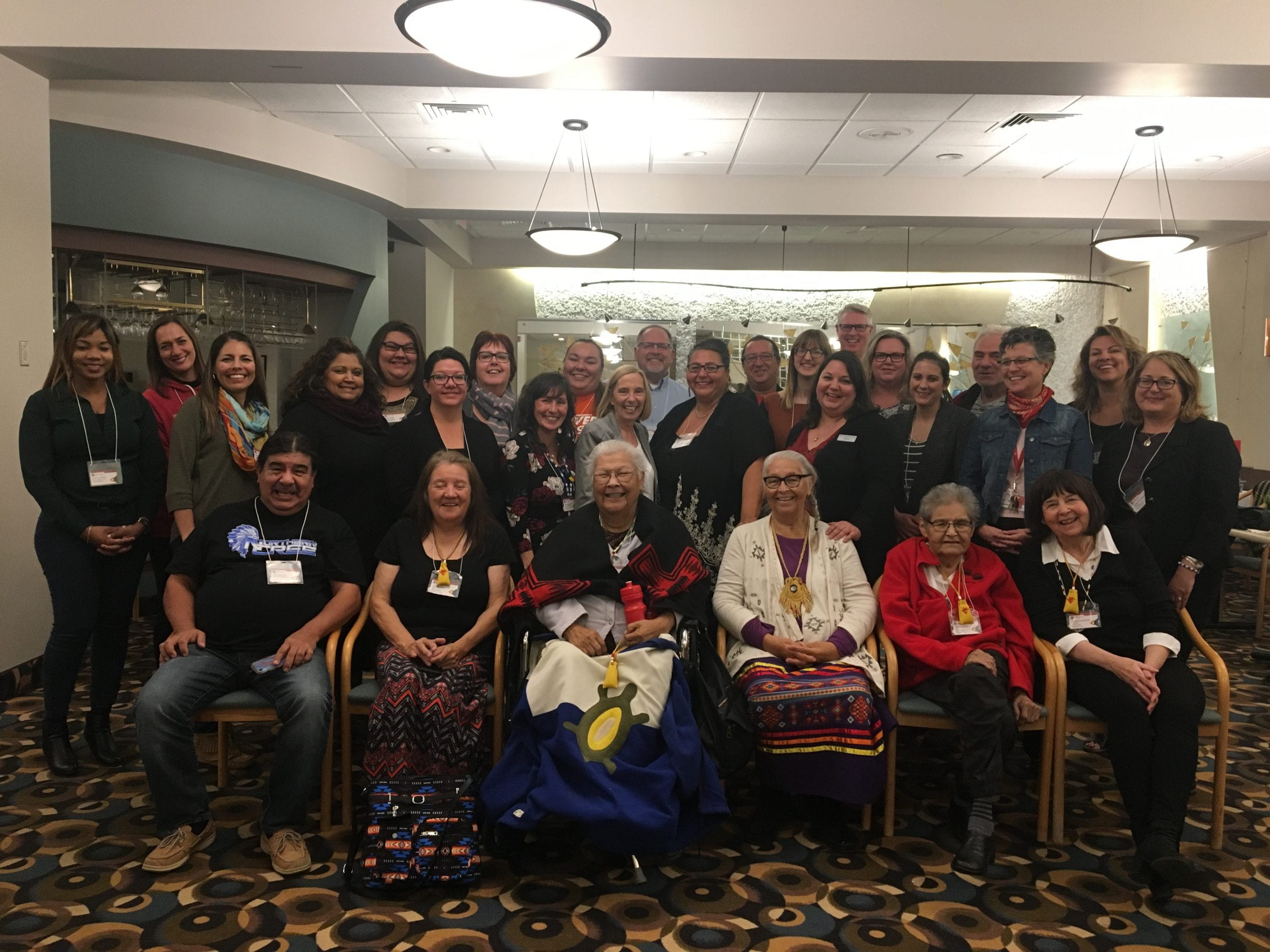2020 Aspiring Indigenous Student Enrolment Fair
Join us to learn about Red River College programs and financial award opportunities, meet staff and faculty, and start your applications.
- College Transition
- Culinary Skills
- Indigenous Language (Cree and Anishinaabemowin)
- Introduction to Trades
- Pathway to Business, Creative Communications and Digital Technology Programs
- Pathway to Engineering Technology Programs
- Pathway to Health Programs
- Social Innovation and Community Development
Please bring your SIN, high school transcripts and proof of Indigenous Ancestry to begin your application(s).
For more information, contact 204.632.2180 or indigrecruit@rrc.ca.
For a full list of program options, visit rrc.ca/indigenous
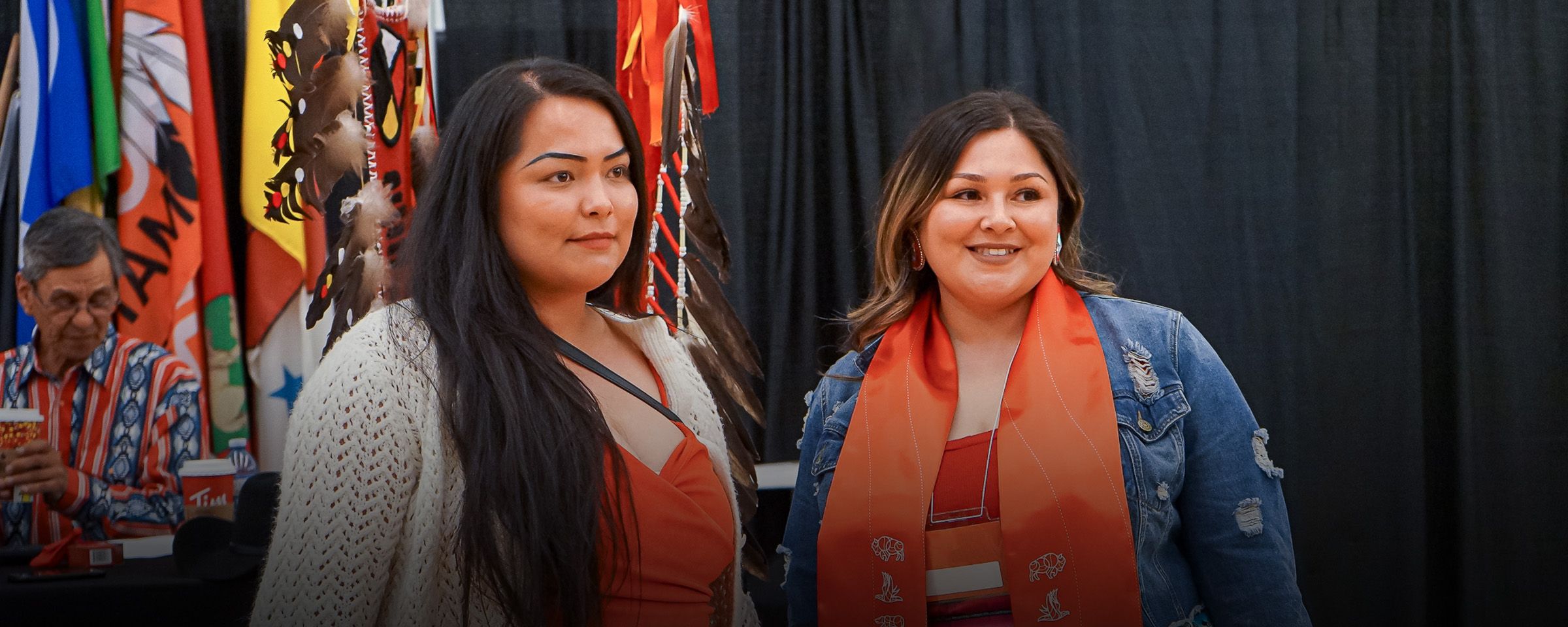
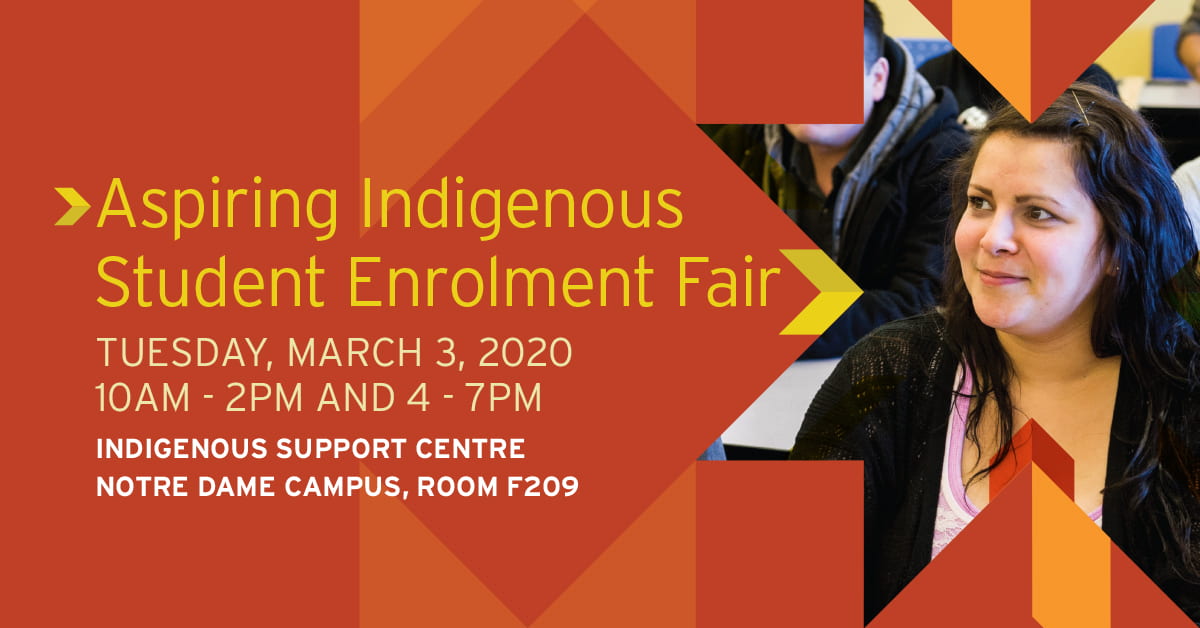
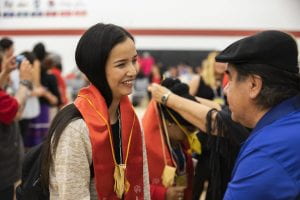 Red River College’s School of Indigenous Education is pleased to announce the Mínwastánikéwin Truth and Reconciliation Award in partnership with the Red River College Campus Store to support Indigenous learners. This new award came together from RRC students, staff and faculty purchasing specially designed t-shirts at the Campus Store that bring awareness to Indigenous issues.
Red River College’s School of Indigenous Education is pleased to announce the Mínwastánikéwin Truth and Reconciliation Award in partnership with the Red River College Campus Store to support Indigenous learners. This new award came together from RRC students, staff and faculty purchasing specially designed t-shirts at the Campus Store that bring awareness to Indigenous issues.

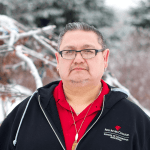


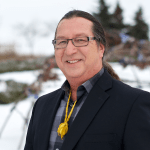
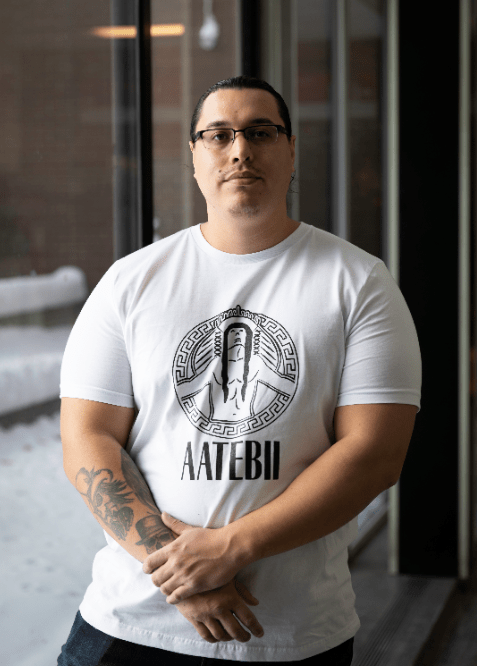 When RRC student Sean Rayland decided to start his sober journey, he wanted to find clothing that supported his new path. Unable to find what he was looking for, Rayland started his own line of apparel featuring empowering messages of community, spirituality and sobriety.
When RRC student Sean Rayland decided to start his sober journey, he wanted to find clothing that supported his new path. Unable to find what he was looking for, Rayland started his own line of apparel featuring empowering messages of community, spirituality and sobriety.
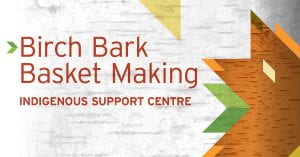 Due to the warm weather affecting supplies, please be advised of new dates for these workshops.
Due to the warm weather affecting supplies, please be advised of new dates for these workshops.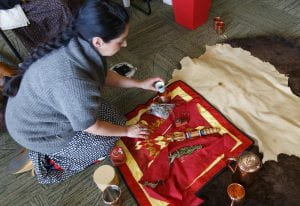 Red River College is pleased to announce a Truth and Reconciliation initiative to provide employees with deeper training and education on Indigenous decolonization and reconciliation through the Kairos Blanket Exercise.
Red River College is pleased to announce a Truth and Reconciliation initiative to provide employees with deeper training and education on Indigenous decolonization and reconciliation through the Kairos Blanket Exercise.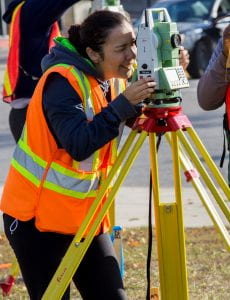 Curious about a career in Engineering Technology? Prospective Indigenous applicants are invited to a Pathway to Engineering Technology Programs Information Session. Meet instructors, current and former students, understand the opportunities the Pathway Program model offers, and learn more about Engineering Technology programs at RRC. Light snack and refreshments will be provided.
Curious about a career in Engineering Technology? Prospective Indigenous applicants are invited to a Pathway to Engineering Technology Programs Information Session. Meet instructors, current and former students, understand the opportunities the Pathway Program model offers, and learn more about Engineering Technology programs at RRC. Light snack and refreshments will be provided.